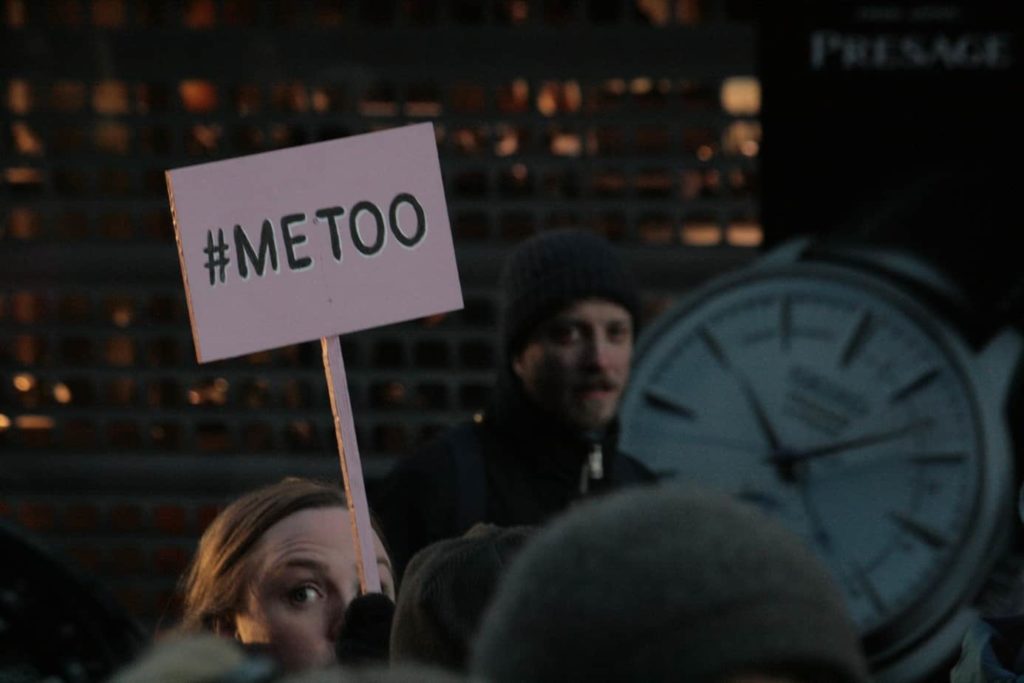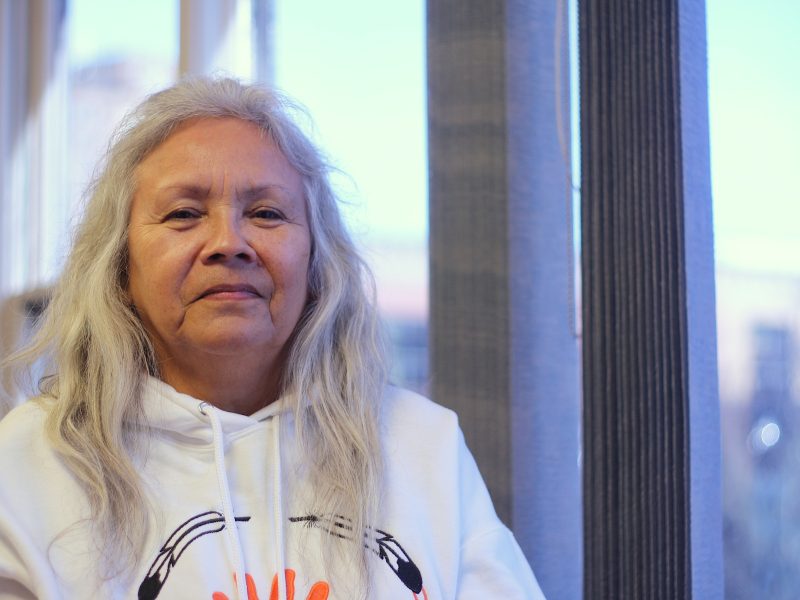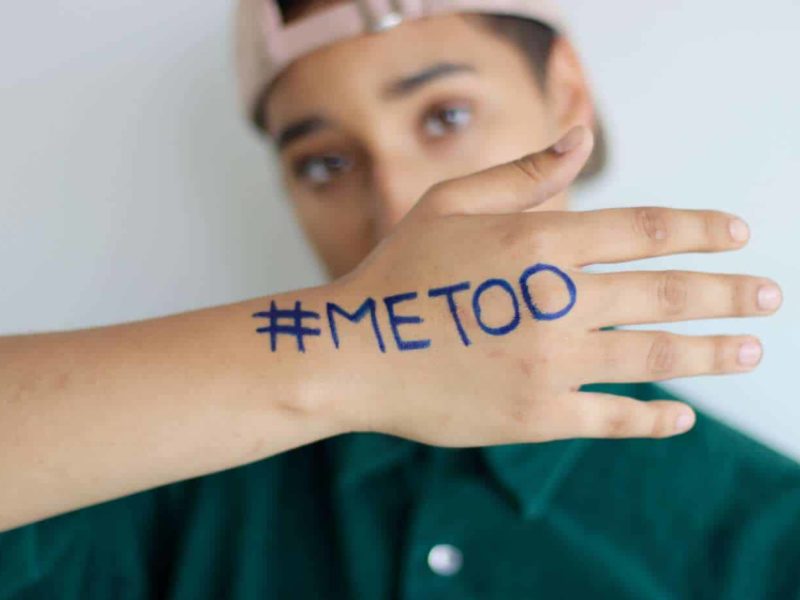
Just because #MeToo is shedding more light on women’s stories of assault and harassment, doesn’t necessarily mean telling those stories is getting easier for people who’ve experienced it. The cultural shift we’re witnessing is the result of survivors doing really, really hard work. And for some survivors — like those with ongoing cases or perpetrators who threaten them — speaking publicly about their experiences may not even be an option.
A few months ago, I met Rose (whose name has been changed to protect her identity). She told me about being assaulted and harassed by a university professor and her ongoing case with her university. After speaking about this a few times, Rose decided now was not the right time to share her story.
I respect this decision, and had more questions — not about the specifics of Rose’s story, but about what it’s like for her to share it with a journalist. In the Q&A, below, she unpacks what the #MeToo movement feels like from the perspective of a survivor, and advises on what journalists should consider when amplifying stories of sexual violence.
Emma Jones: What’s it like to share a personal experience of harassment or assault with a journalist?
Rose: It’s a very difficult thing to do. I appreciate having the opportunity to speak about it, but at the same time, I know that it’s going to kick my butt. Whether or not you’re talking about specific details, it brings up a lot. You’re giving a lot of yourself, so doing proper self care before and after is hugely important.
When you are reporting [your experience of sexual violence to a university or to police], your story gets taken away from you. There’s a complaint manager, there’s process, there’s a lot of bureaucracy involved.
And when you do media work, you’re giving that control of your story away again. The end product isn’t something you have full control over, and so that’s something that you have to be really aware of. It can be really difficult when you feel like that control was taken away, especially from the assault or the harassment, and then from the reporting process or the complaint. Once your story is still out there, yes it’s still your story, but it’s now — a little bit — everyone else’s story who reads it.
What does self-care before and after doing media work look like for you?
Sometimes my self-care means I just want to be alone. I just want to find a quiet space for myself, I just read and listen to music and I have my own little bubble. Other times, I prefer to be kept busy, just spend time with good friends or family and [the case] is not who I am in that moment — I get to just be a sister, or an aunt, or a girlfriend, and just do something fun.
But whatever works for that individual, they know themselves best.
It’s been powerful to see the impact of the #MeToo movement — we’re seeing a real cultural shift. But at the same time, we’re seeing new allegations all over the news every single day, and it’s a lot. What does the #MeToo moment feel like to you?
This is something that’s fairly triggering on a regular basis. I don’t think I’m the only one to feel or experience that. You almost hit burnout. And so sometimes it’s just taking a day away from social media.
Other times, it can be powerful. Being harassed and abused is very isolating. And [perpetrators] are trying to isolate you. Then the reporting process, when you can’t really speak openly, is also very isolating. And so when you feel that isolation the whole way through, something like the #MeToo movement, it kind of kicks down those doors and says whether or not you can speak about your own case, you are not alone in this. It’s really powerful to know that.
How can journalists do a better job of reporting on gender issues? What advice would you give to them?
There’s a huge amount of trust being placed in you as a journalist when someone shares their story. Journalists may want to tell a linear story, but survivors rarely have a linear experience, and the healing process isn’t linear either. So they might do a few interviews and it’s going pretty well, and then they might have a setback, and they might not be in a place to talk about it for days or weeks. Just being understanding of that nuance, that the process of telling your story and the process of healing isn’t linear.
I think it’s important to educate the person who is telling their story about what are the plans for the story. It’s just important that someone knows, end of the day, what’s going out there with their name on it or their story in it because it’s hugely personal.
For me, handing over binders full of emails was incredibly difficult. Just knowing a little bit more about how your story will be presented would be helpful, just so that there aren’t any surprises. I think if there is journalistic integrity there, that issue can be largely avoided, but it’s still difficult. You’re asking someone to share what is possibly the most personal thing that’s ever happened to them.
Remember it’s people you’re talking about, that’s the most important part. [end]
This interview was edited for length and clarity.



